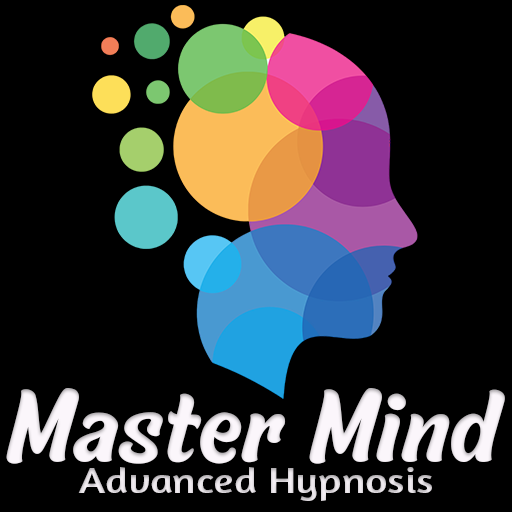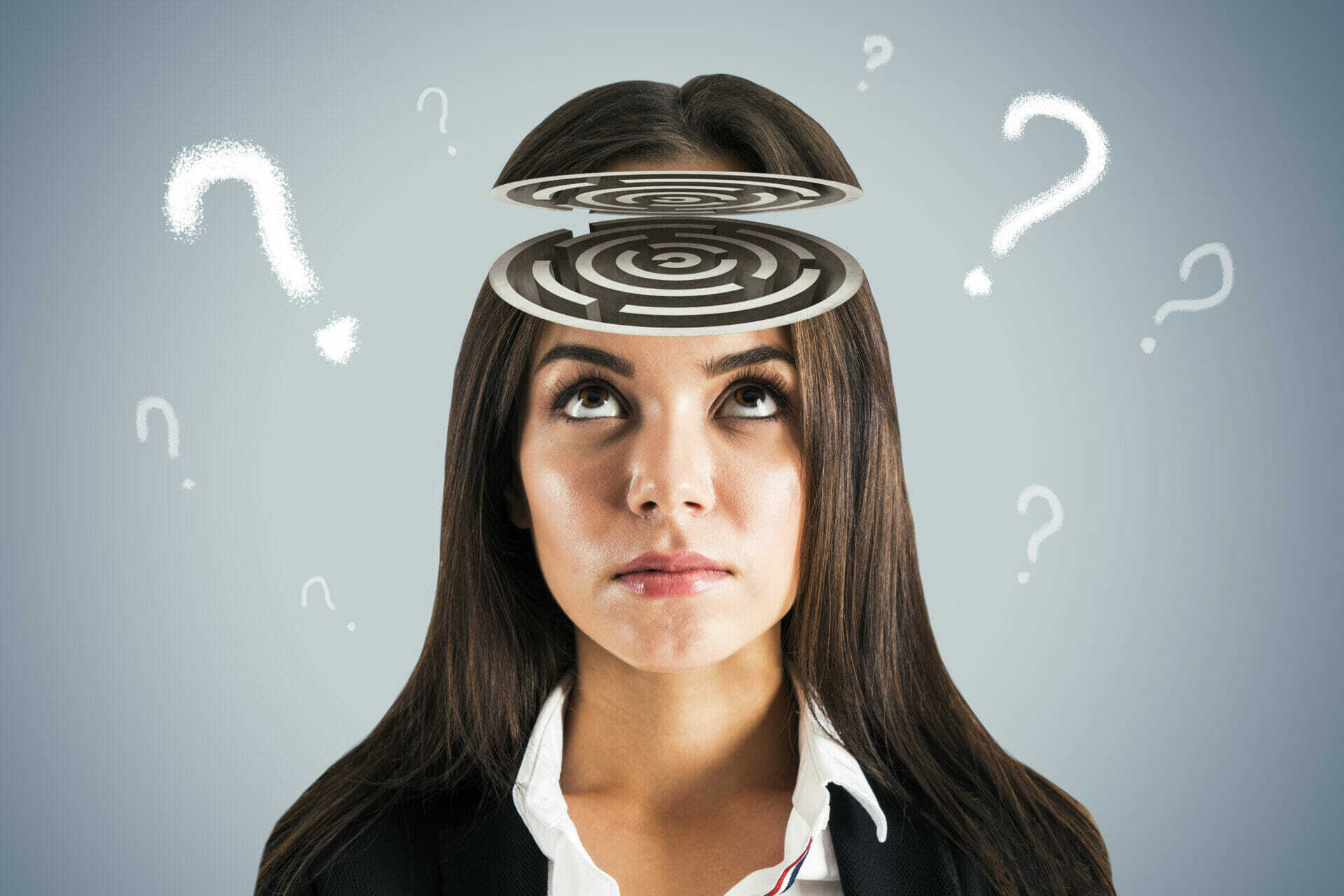Answer the following statements as True or False with our hypnosis knowledge quiz:
- Those under hypnosis show absolute obedience to the hypnotist, responding to suggestions without any resistance.
- Hypnosis can help retrieve suppressed memories from childhood and experiences from ‘previous lives’.
- Hypnosis is akin to a sleeping state of consciousness.
- Hypnosis is a heightened state of concentration, with a decreased awareness of other stimuli and a heightened receptiveness to suggestion.
- Hypnosis is merely an act or pretense.
Experiencing hypnosis is more enlightening than merely having it explained.
– Master Saghafi of Master Mind advanced Hypnosis
If you answered “false” to each of these, you’re on the right track!
The hypnosis journey in modern times began with Austrian doctor Franz Anton Mesmer and his practice of ‘animal magnetism’. The term ‘hypnosis’ was coined in the 1840s by James Braid, who perceived it as a state of trance. Notable figures like Jean Charcot and Sigmund Freud once believed and practiced hypnotism. However, over the decades, the image of hypnosis has been misconstrued, often due to media portrayal.
Recent studies aim to debunk some hypnosis myths. For instance, contrary to popular belief, hypnotized individuals maintain control and can reject suggestions. Hypnosis isn’t a mystical state; individuals remain alert and aware, even if they are given contrasting imagery to focus on.
Many think of hypnosis as a pathway to forgotten memories. Yet, research denies this, asserting that recollections are more about current beliefs and fantasies than actual memories. Another misconception is that hypnotic responsiveness is mere pretense. However, brain studies reveal that hypnotic suggestions activate relevant brain areas, validating their genuineness.
Ultimately, hypnosis offers insights into human consciousness and the mind’s intricacies. They believe hypnosis, when used appropriately, can be a potent tool for medical and psychological healing and growth.







